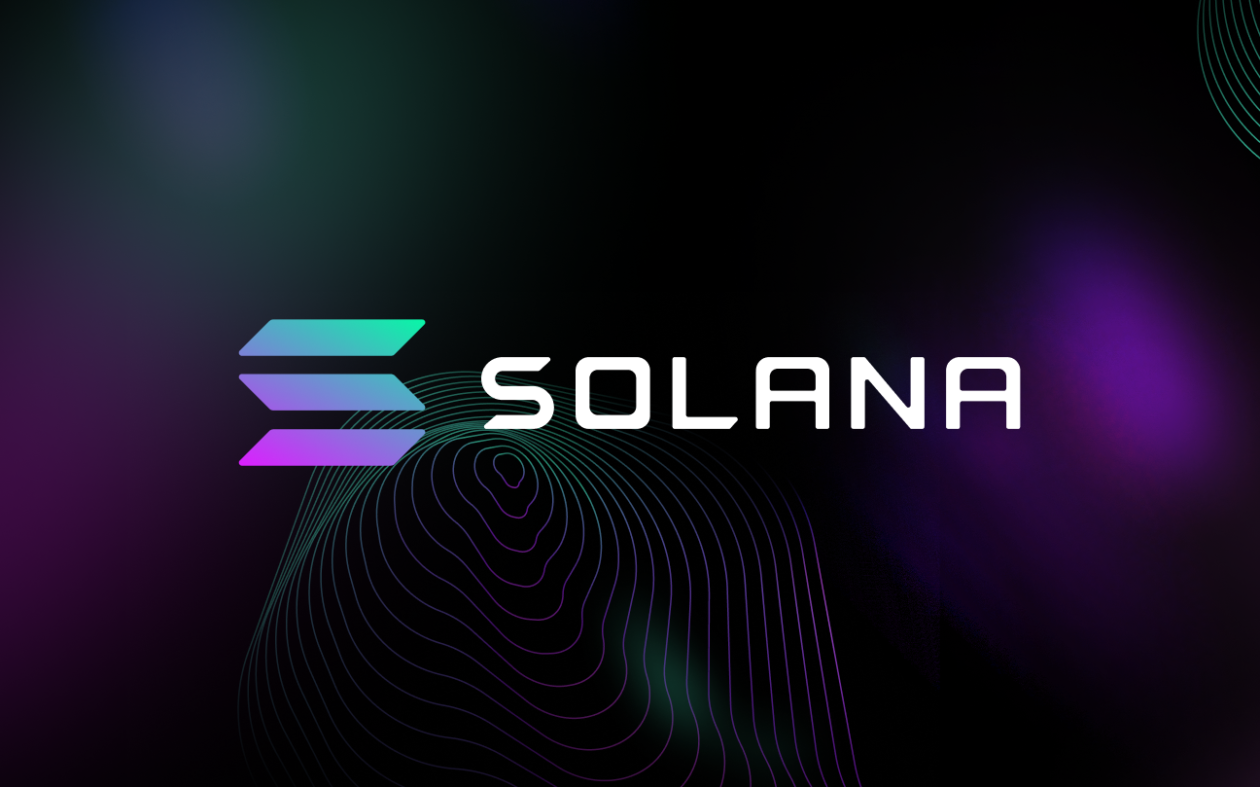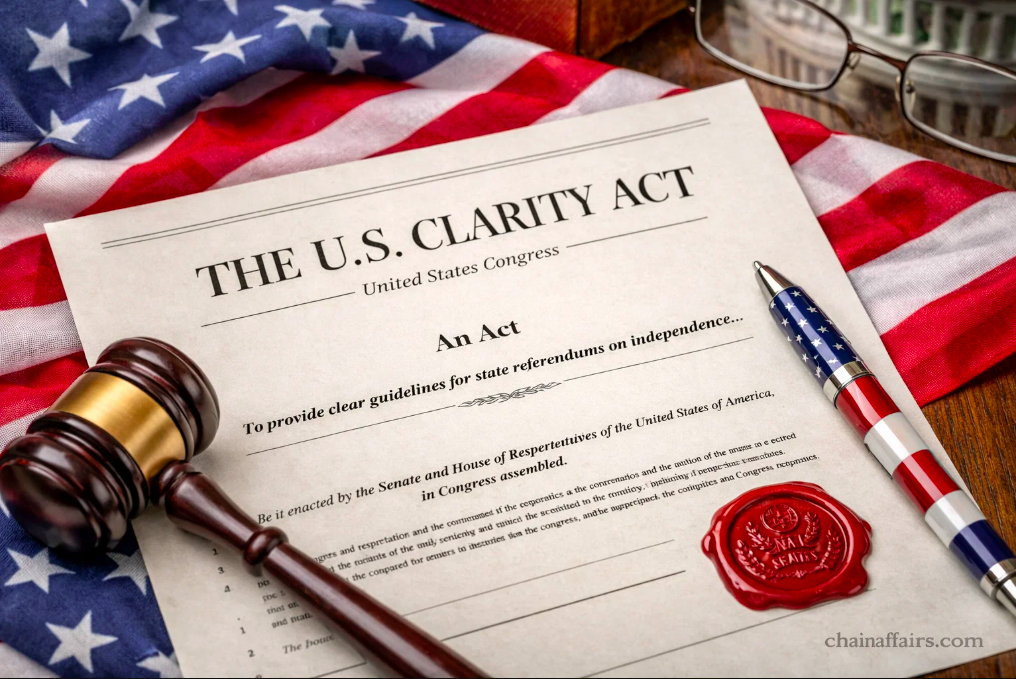|
Getting your Trinity Audio player ready...
|
Solana (SOL) and Ethereum (ETH) have been at the center of discussions around blockchain technology and its evolution. Recently, the debate reignited after the Solana Foundation cracked down on validators using controversial MEV (Maximum Extractable Value) sandwich attacks. This move, coupled with the revelation of Solana validator node operational costs reaching around $65,000 annually, has exposed a potential barrier to entry for aspiring network participants.
Anatoly Yakovenko, founder of Solana, acknowledged the cost disparity between Solana and Ethereum’s validator setups. He highlighted Ethereum’s BLS (Boneh-Lynn-Shacham) signature scheme, which allows for efficient message aggregation, leading to lower overall costs for validators. Yakovenko confirmed Solana’s plans to implement a similar system in the future.
However, the community raised concerns about the high voting fees on the Solana network. Yakovenko revealed that a staggering 80% of recent transactions were vote-related, suggesting voting fees as the primary cost driver for validators and a potential barrier to entry.
Also Read:XRP vs. Solana: Who Will Win The Race For The Next US Crypto ETF?
Whether Solana will implement a solution to address voting fee dominance remains to be seen. In the meantime, the broader crypto market experienced a downturn, leading to a 6% drop in SOL price. The coin reached a low of $145 on June 11th, mirroring its mid-May value, as investors adopted a cautious approach ahead of the FOMC meeting.
This development highlights the ongoing efforts within the Solana ecosystem to improve network security and accessibility. As the crypto space continues to evolve, finding solutions to balance cost-effectiveness with robust validation processes will be crucial for attracting and retaining network participants.
Disclaimer: The information in this article is for general purposes only and does not constitute financial advice. The author’s views are personal and may not reflect the views of Chain Affairs. Before making any investment decisions, you should always conduct your own research. Chain Affairs is not responsible for any financial losses.
With a keen eye on the latest trends and developments in the crypto space, I’m dedicated to providing readers with unbiased and insightful coverage of the market. My goal is to help people understand the nuances of cryptocurrencies and make sound investment decisions. I believe that crypto has the potential to revolutionize the way we think about money and finance, and I’m excited to be a part of this unfolding story.




